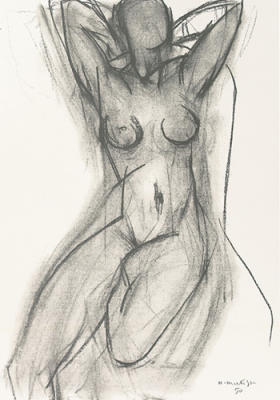Today began for me with a trip to the Library to grab The Oresteia. Because I don't have enough reading to do, i also grabbed a copy of Sarah Kane's 4.48 Psychosis, and a thick book on the "century of revolution" from 1604 onward. Well, that last is preliminary reading before my group meet to discuss our presentation on current affairs and influences on The Duchess of Malfi in three weeks' time.
Next on to Scene Study rehearsal, where we staged our section of Act 1 in The Duchess of Malfi. Went quite well; we had the idea that Ferdinand's court is busy, and everyone is drawn in to Ferdinand and then repelled...with many people constantly watching on, but not necessarily part of the immediate action. We have found a neat way to stage it with this in mind, allowing people to move in and away from Ferdinand, illustrating his power, while also giving light to the power alliances showing themselves early in the play. As well, we were able to come up with a solution for some double-casting necessities given the volume of characters in our section. We'll do another bit of rehearsal on Tuesday and then present to the class for discussion. We'll see how it goes!

Finally, on to our actual class; Acting Space with Brian Stirner. As a RADA grad himself, Brian began the class talking about how we were all feeling after our first week, how overwhelming it can all be. He offered some great advice on taking it all in....and then sort of forgetting about the "big deal" of RADA and remembering that anything is only what you make of it yourself and with those around you. It was quite nice for someone actually to talk about it out loud, from a position of authority, but also knowing just what we were feeling in the moment. We quickly dove into exercises; beginning with some walking around the room, changing focus from people's feet upward, all the way to making eye contact. From here, we had a bit of a chat about what acting is, and what our expectations are of performances, which felt like a great starting point to further work. This included sharing a Matisse sketch of a woman (like the one above...not quite the same one). I really liked how he likened acting to the sketch; the text is the firm lines, and the excitement, the life, is everything else bubbling around it. This is what we strive for. After this, he had a couple people up to do the "moment of silence" in front of the group, which I had done back at UofW. This was a more friendly version though....starting and ending with applause for the person. This made it feel warmer in a way, less abrasive than its method-acting counterpart I had endured in undergrad. Building on this, a physical activity was added, and then a second person...and lines. Building on what made things easier.
From here, we all had a single line, and had to walk about the room, sharing this with people we came into eye contact with, taking them in, or trying to assert ourselves against their emotions. This was interesting, as one could see quite clearly what we put on to words vs what the words give us on their own. Then...drumroll...time for script. We worked in groups of two on a section of
After Liverpool focusing on the text and just what came out of reading it. For those unfamiliar, this script has "small talk" conversation, but is missing the "details" so to speak...so a line will simply be "my name is." without the noun, but the structure of the ensuing conversation is as though it were there. Clearly this allows for many interpretations. My partner was Holly and we had a fun time interpreting this short scene, into one where my character (A - impelling agent) was quite needy, nearly to the point of creepiness. I felt it imperative to have a quick pace to help us drive this pull between my character's need to befriend, and her character's desire to disengage. When we got up to share with the class this worked quite well, and Brian's comments echoed this instinct.
Overall this was a good day for me. Now, time to read. A lot.

